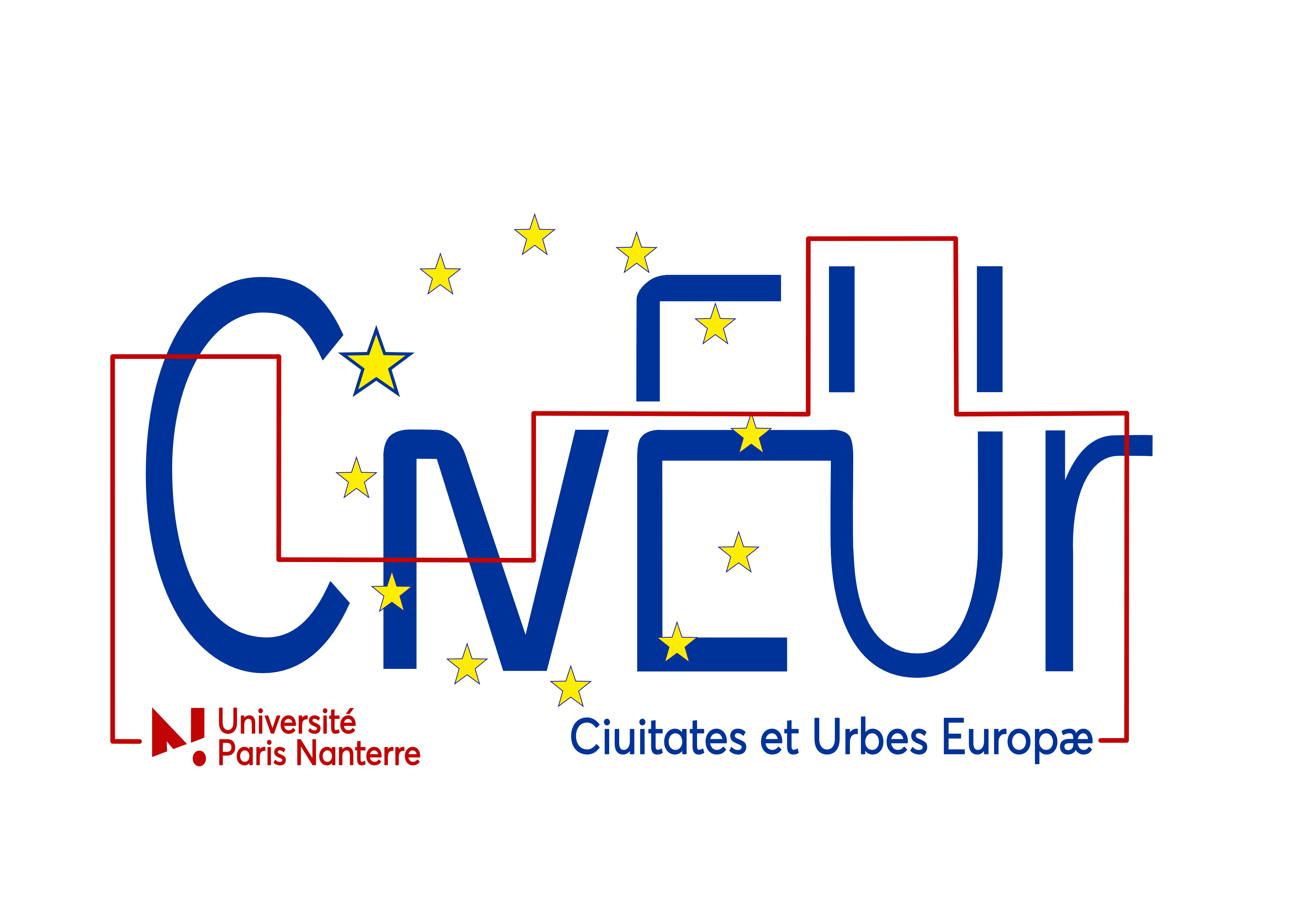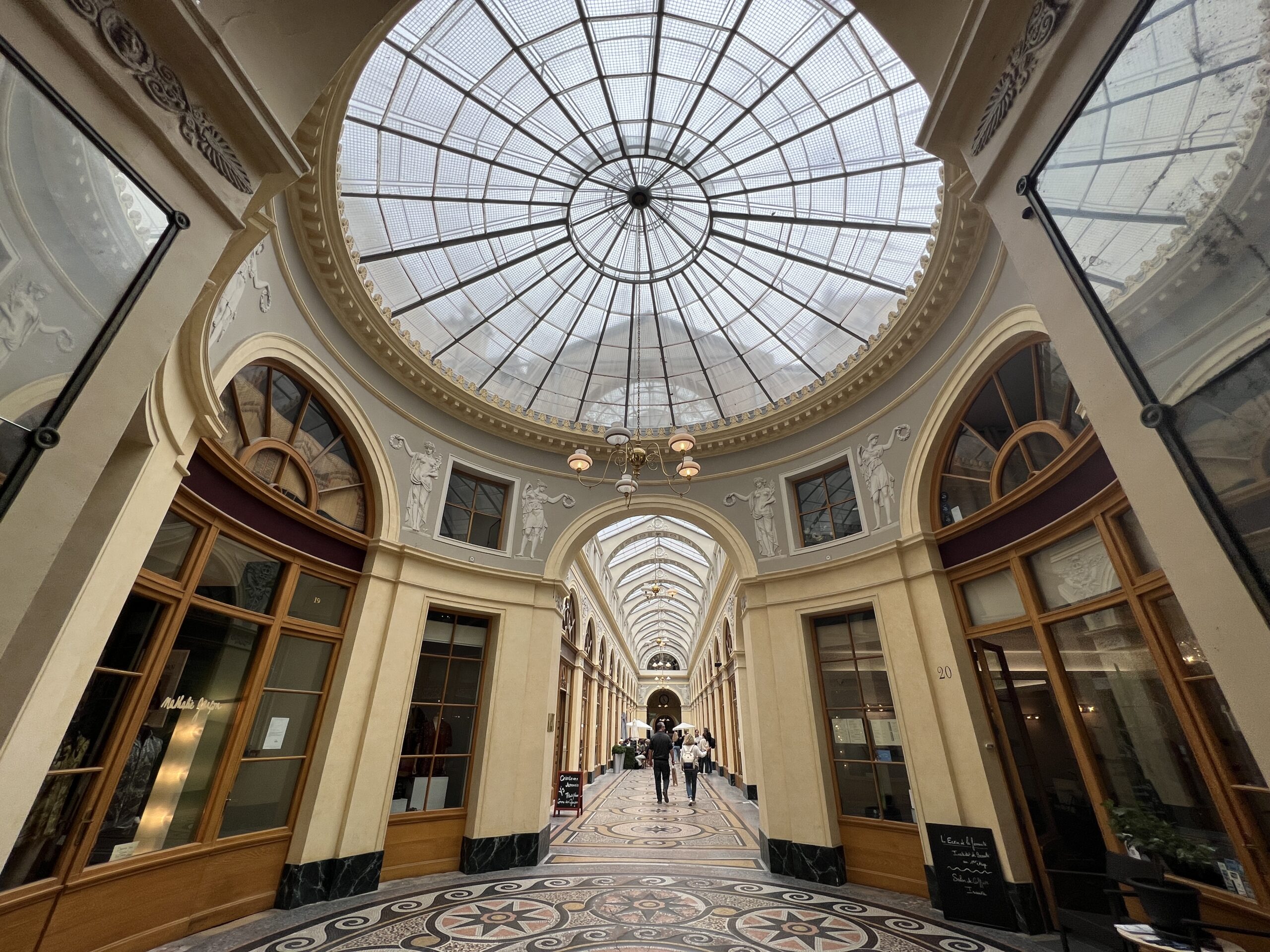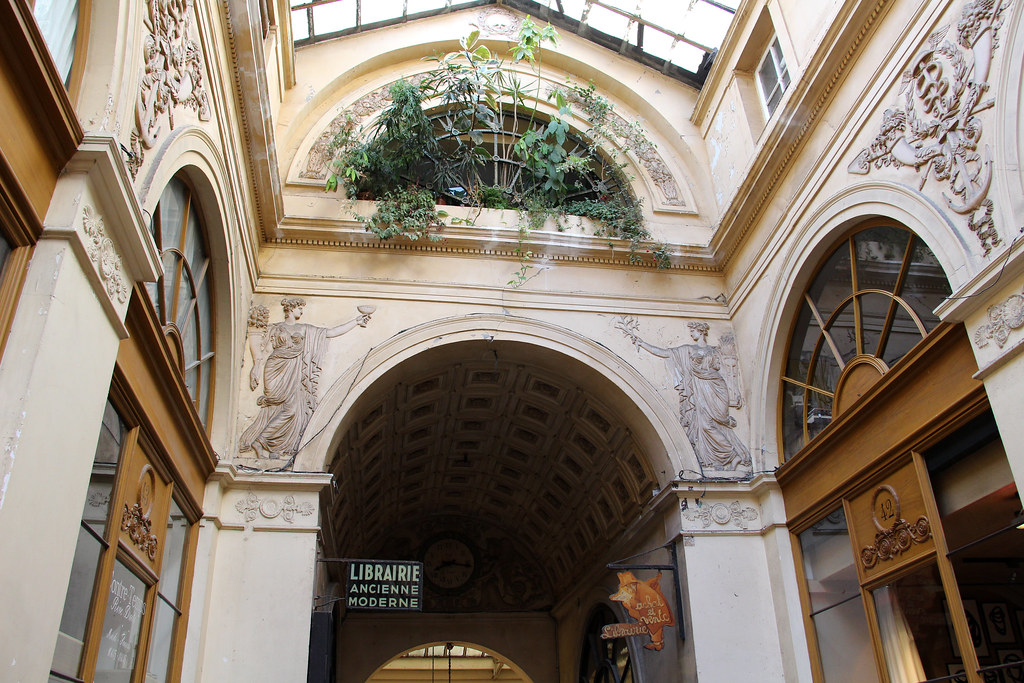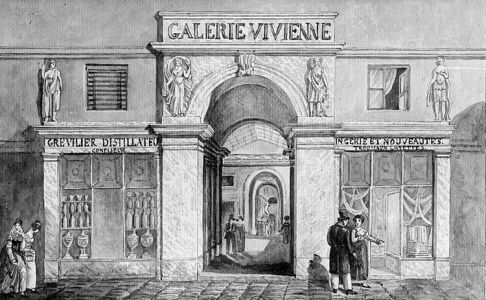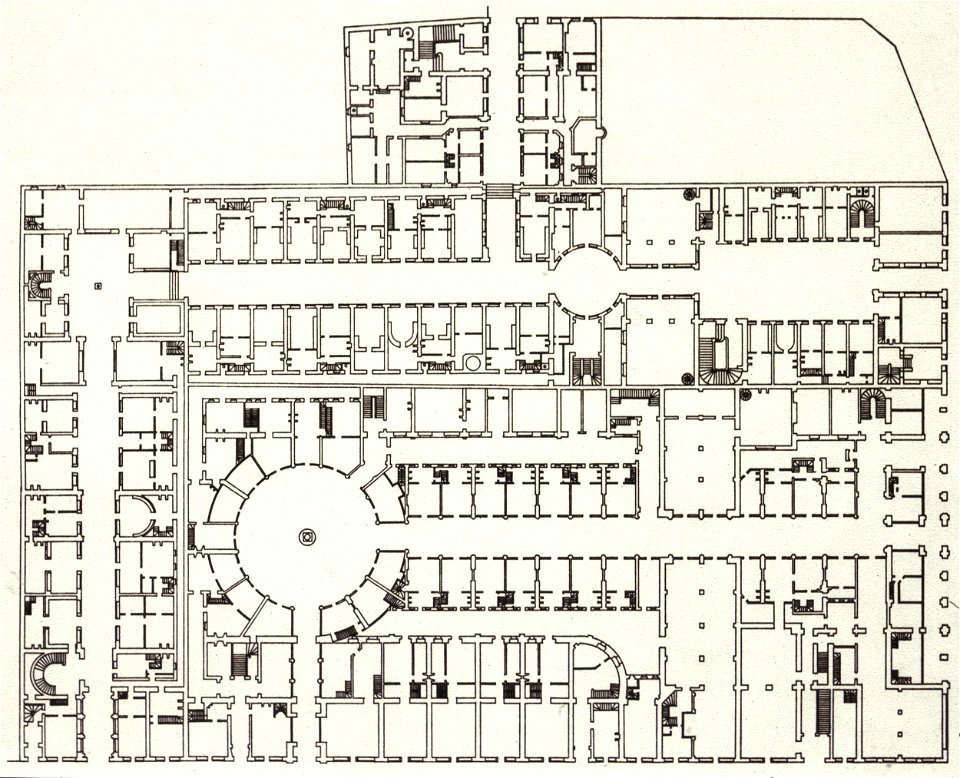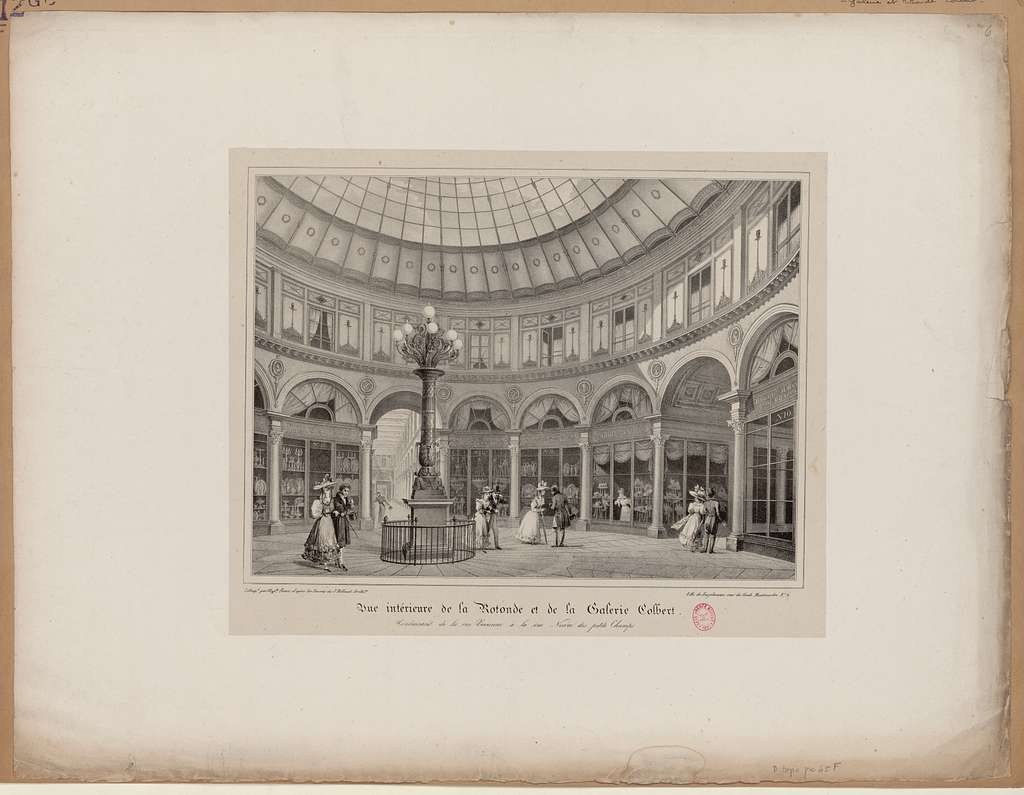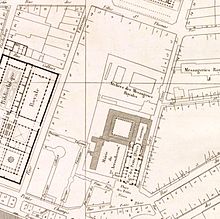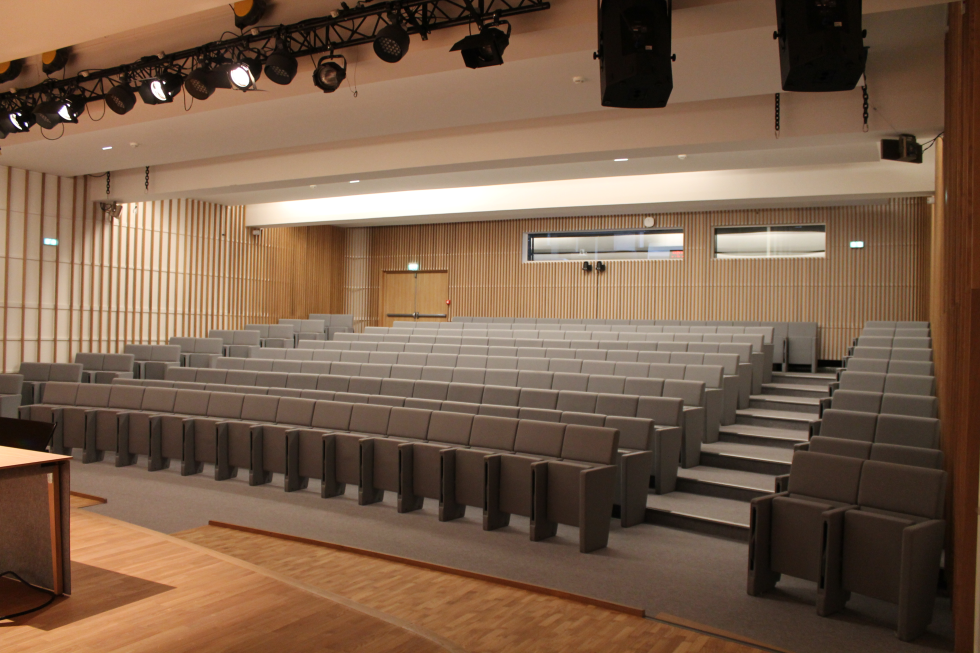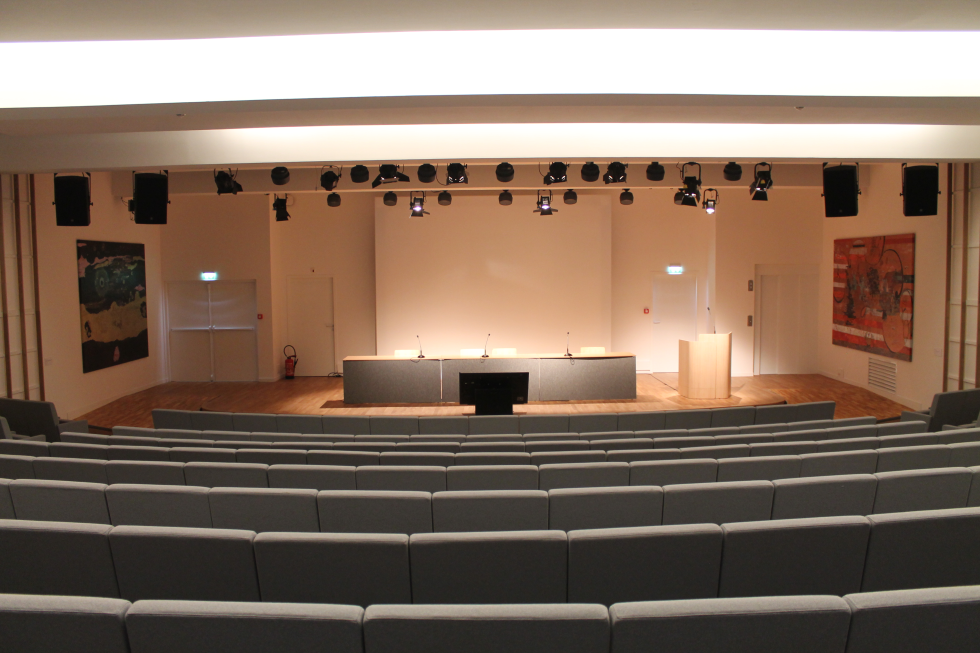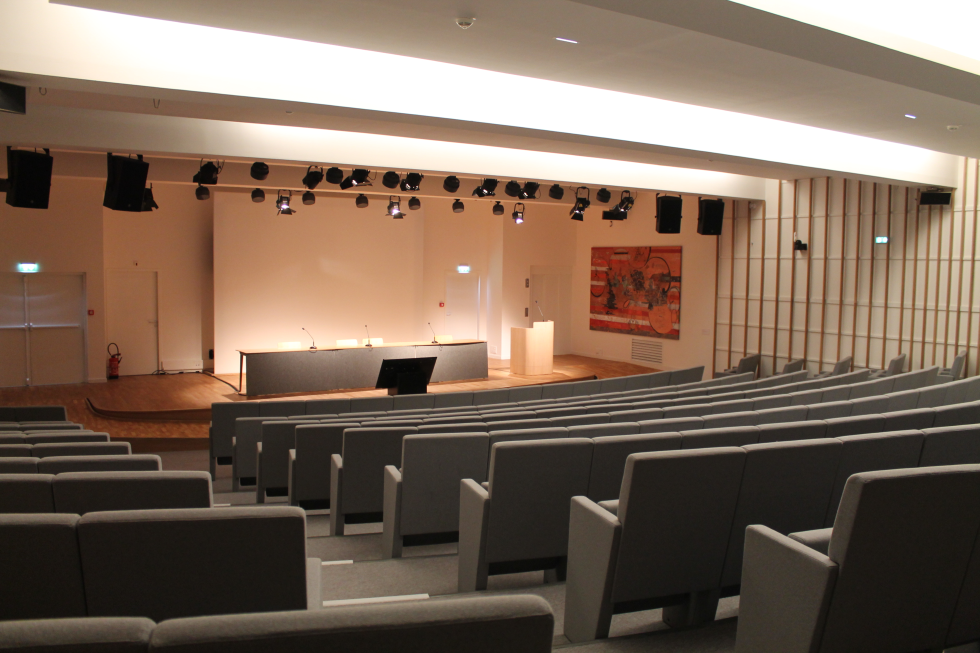Le passé du continent au présent : 30e anniversaire de la Convention de La Valette (Malte) pour la protection du patrimoine archéologique en Europe
Programme / Program / Programa
Le colloque se déroulera les 26-27 juin 2023 dans l’auditorium Jacqueline Lichtenstein de l’INHA.
Les communications, en français ou en anglais dureront une vingtaine de minutes, suivies d’une discussion.
The symposium will take place on June 26-27, 2023 in the Jacqueline Lichtenstein auditorium of INHA
The communications, in French or in English, will last about twenty minutes, followed by a discussion.
El simposio tendrá lugar los días 26 y 27 de junio de 2023 en el auditorio Jacqueline Lichtenstein de INHA.
Las comunicaciones, en francés o en inglés, durarán unos veinte minutos, seguidas de un debate.
Dans le cadre colloque Le passé du continent au présent se déroule aussi une conférence grand public accessible à tout le monde de19h30 à 20h30 au Colegio de España à la cité internationale de Paris 75014
Monday 26-06-2023 / Lunes 26-06-2023
9h00-9h30 Accueil
Auditorium Jacqueline Lichtenstein de l’INHA
2, rue Vivienne ou 6, rue des Petits-Champs, Paris 75002
Métro :
- Bourse (ligne 3, 325m.)
- Palais-Royal (lignes 1 et 7)
- Pyramides (lignes 7 et 14)
- Grands Boulevards Richelieu Drouot (lignes 8 et 9)
Bus :
- n° 29 (arrêts : Bibliothèque nationale, Mairie du IIe ou Victoires)
- n° 39 (arrêt : Sainte-Anne-Petits-Champs)
9h30-10h00 : Interventions d’accueil
Dominique Garcia, Professeur des universités, président de l’Institut national de recherches archéologiques préventives (Inrap)
Ricardo González Villaescusa, Professeur d’Archéologie de l’université Paris Nanterre, Chaire Jean Monnet Ciuitates et Urbes Europæ
Cadre juridique, institutionnel et économique
Présidence de séance : M. Marc Bouiron, Directeur scientifique et technique de l’Inrap
10h00-10h30 : Vincent Negri, CNRS, Institut des sciences sociales du politique
- La convention de Malte à la lumière des corpus des normes internationales de 1922 à nos jours
La Convention européenne (révisée) pour la protection du patrimoine archéologique, adoptée à Malte en 1992, marque un point d’inflexion dans la construction du droit international de l’archéologie, à l’œuvre depuis 1922. Les principes qu’elle infuse et la distribution des responsabilités qu’elle met en forme, notamment par la référence au principe de conservation intégrée (matrice des normes patrimoniales du Conseil de l’Europe), ont installé de nouvelles dynamiques normatives et institutionnelles. C’est une autre cartographie du droit de l’archéologie et de la chaine des responsabilités qui se dessine. La Convention de 1992 est par ailleurs un jalon dans la généalogie du droit international de l’archéologie, dont elle entérine les acquis.
10h30-11h00 : Ann Degraeve, President of European Archaeological Council
- The European Archaeological Council and the Valletta Convention: the challenge of managing our heritage
Since its creation in 1999, the EAC, a network of heads of services responsible under law for the management of the archaeological heritage in the Council of Europe member states, has helped shaping the archaeological heritage management policies in Europe by developing broad-based strategies and recommendations in relation to the Valletta Convention and giving new meaning to the European archaeological heritage.
11h00-11h15 : Pause – café
11h15-11h45 : Hrvoje Potrebica, European Association for archaeologists
- The Future of the the Valleta convention from perspective of the European archaeology
Communication will give an overview of general impact of the Valleta convention on European archaeology over the years and its perspective in challenging future.
11h45-12h15 : Jean-Paul Demoule, Professeur émérite de protohistoire européenne à l’université Paris-1 Panthéon-Sorbonne, Membre honoraire de l’Institut universitaire de France, ancien président de l’Inrap
- L’archéologie préventive en Europe : service public ou marché commercial ?
La Convention de Malte, tout en obligeant chacun des États signataires à développer l’archéologie préventive, n’indiquait pas selon quelle organisation. L’application de la Convention en France a donné lieu à la loi du 17 janvier 2001, instituant un monopole de l’archéologie préventive, confié à un établissement public de recherche l’Institut national de recherches archéologiques préventives (Inrap), à charge pour lui d’associer les autres institutions qui le souhaitaient. Ce monopole a été validé par la Commission européenne en 2003. Mais la nouvelle majorité parlementaire conservatrice a institué le principe de la concurrence en juillet 2003.
12h15-14h00 : Déjeuner
Présidence de séance : M. Christian Cribellier, Adjoint au sous-directeur de l’archéologie, Ministère de la Culture
14h00-14h30 : Eszter Banffy, Prof. Dr. Dr. h.c., Römisch-Germanische Kommission des Deutschen Archäologischen Instituts Forschungsstelle Budapest
- Three decades of the Valletta Convention – nearly three decades of EAA, in a constantly changing archaeological context
The European Association of Archaeologists is a large group of experts in various fields, without any legislation power. Yet, we not just monitor the state of archaeology, its trends and shifts, but also have a vision about how future archaeology is getting into shape. Some of the profound changes since the Valletta Convention, like the growing importance of landscape studies, earlier unthinkable array of new methods and cross-disciplinary knowledge are positive; while earlier unknown levels of threats on archaeology and cultural heritage as a whole are also numerous: eager developers often backed by governments, political isolation, and now the Russian aggression on a European country that is against any fundamental human rights.
Espagne & Portugal
14h30-15h00 : Felipe Criado-Boado, Consejo Superior de Investigaciones Científicas (CSIC) – Instituto de Ciencias del Patrimonio (INCIPIT)
- Archaeology for the future
Archaeology is all about the Future: it is the only discipline able to explain how the future (in the long term) comes into existence. Archaeological gaze should change its direction; instead of looking into the Past from the Present, should look to the Pasts from other Pasts.
15h00-15h30 : Carlos Fabião, Centro de Arqueologia da Universidade de Lisboa (Uniarq)
- 25 ans d’application au Portugal de la Convention de la Valleta
La Convention européenne pour la protection du patrimoine archéologique (révisée) a été transformée en loi au Portugal par la résolution nº 71 / 97 de l’Assemblée nationale, elle a donc atteint le terrain il y a vingt-cinq ans avec un impact important. D’une part, un véritable métier d’archéologue est né, d’autre part, il n’y a plus de destructions graves, ni de fouilles d’émergence/sauvetage, mais des fouilles contractuelles basées sur une évaluation d’impact préalable. Les entreprises d’archéologie sont apparues comme une nouveauté dans le système des entreprises des bâtiment et travaux publiques. Mais, en réalité, ce panorama idyllique n’a aucune influence sur la vie quotidienne. Quelques exemples des avantages et des inconvénients de ce processus seront présentés et discutés.
15h30-15h45 : Pause – café
Italie & Grèce
15h45-16h15 : Valeria Boi, Annalisa Falcone, Valeria Acconcia, Istituto Centrale per l’Archeologia, Direzione Generale Archeologia, Belle Arti e paesaggio del Ministero della Cultura
- The National Geoportal for Archaeology. State of art and perspectives on archaeological data standardization in Italy
30 years after Malta, in Italy the relationship between archaeology and landscape transformation is close. However, some issues remain debated, such as open access to data and their standards. The National Geoportal will be presented.
16h15-16h45 : Polyxène Adam-Veleni, Directeur général des antiquités et du patrimoine culturel Ministère hellénique de la culture et des sports
- Cadre institutionnel, rapatriements et information du public contre le trafic illégal de biens culturels en Grèce
Dans l’annonce de la conférence, il sera fait référence au cadre législatif appliqué par le ministère de la Culture de Grèce pour la protection des antiquités, pour les cas de trafic illégal ainsi que pour le rapatriement des antiquités ces dernières années. Il sera également fait référence aux pratiques appliquées pour informer et sensibiliser le public afin d’éviter et de combattre l’exploitation minière illégale et le commerce illégal de biens culturels. Αu cours de la dernière décennie, les rapatriements comptent plus de 15 000 objets, tandis qu’une loi morale coutumière a déjà commencé à prendre forme et a gagné de nombreux partisans à travers le monde.
Suisse
16h45-17h15 : Paul Jobin, Université de Neuchâtel
- Archéologie préventive et aménagement du territoire en Suisse
Des grands chantiers aux territoires : l’intégration de l’archéologie préventive au sein des procédures cantonales de l’aménagement du territoire en Suisse. Particularités et tendances d’un état fédéral.
Evening of 26-06-2023 / Tarde del 26-06-2023
Colegio de España, Cité Internationale Universitaire de Paris
7e boulevard Jourdan 75014 Paris
Site internet : https://www.colesp.org/
- RER ligne B « Cité Universitaire »
- Tramway/Tranvía : Ligne T3 (Arrêt/stop/Parada « Cité Universitaire »)
- Bus 21 (Arrêt/stop/Parada « Cité Universitaire »)
- Bus 67 (Arrêt/Stop/Parada « Stade Charléty – Porte de Gentilly »)
Conférence grand public Colegio de España
19h30-20h30 : Dominique Garcia, Professeur des universités, président de l’Institut national de recherches archéologiques préventives (Inrap)
- 20 ans d’Inrap : l’apport de l’archéologie préventive à la connaissance du fait urbain
20h00 : Cocktail dinatoire
Le cocktail dinatoire, réservé aux intervenant et intervenantes du 26 juin se tient dans le salon du Colegio de España à la Cité Universitaire de Paris
The cocktail -dinner, only for speakers on June 26, is held in the living room of the Colegio de España at the Cité Universitaire de Paris
El cóctel -cena, reservado para los/las conferenciantes el 26 de junio, se celebra en el salón del Colegio de España en la Cité Universitaire de Paris
Tuesday 27-06-2023 / Martes 27-06-2023
Auditorium Jacqueline Lichtenstein de l’INHA
2, rue Vivienne ou 6, rue des Petits-Champs, Paris 75002
Métro :
- Bourse (ligne 3, 325m.)
- Palais-Royal (lignes 1 et 7)
- Pyramides (lignes 7 et 14)
- Grands Boulevards Richelieu Drouot (lignes 8 et 9)
Bus :
- n° 29 (arrêts : Bibliothèque nationale, Mairie du IIe ou Victoires)
- n° 39 (arrêt : Sainte-Anne-Petits-Champs)
Archéologie préventive et aménagement du territoire
Présidence de séance : M. Anne Lehoërff, professeur des universités et vice-présidente du Conseil national de la recherche archéologique
9h30-10h00 : Marc-Antoine Kaeser, Laténium – Université de Neuchâtel
- Donner du sens à l’espace. Archéologie préventive et aménagement du territoire
En analysant l’évolution de ses rapports avec le génie civil depuis le début des Temps modernes, nous montrerons que l’archéologie permet d’alimenter l’aménagement du territoire dans le sens d’un développement durable – sur les plans culturel, économique et social.
Royaume Uni & France
10h00-10h30 : Sadie Watson, Museum of London Archaeology
- The Valetta Convention and preventive archaeology in the UK: from policy to practice
The preventive sector in the UK has been criticised for its strict rules over preservation by record, which restrict research and remove public participation from standard practice. In recent years however, there has been recognition of the need to acknowledge the societal context for preventive work, which often takes place hidden from view on projects that can be unpopular with local communities. Archaeologists are starting to think about our obligation to the public, and this paper will discuss how we might best draw the intentions of the Valetta and Faro Conventions into our projects to create legacy and provide social value.
10h30-11h00 : Christian Cribellier, Adjoint au sous-directeur de l’archéologie, Ministère de la Culture
- Le dispositif d’archéologie préventive développé en France depuis 2001 en application de la convention de Malte
Dans le cadre juridique de l’archéologie préventive mis en place en France, les opérations archéologiques sont définies par l’État qui en fixe les procédures et les délais. Les prescriptions de diagnostics et de fouilles préalables aux travaux d’urbanisme et d’aménagement du territoire sont émises par le préfet de région (DRAC – service régional de l’archéologie) ou le DRASSM. Celui-ci contrôle également la mise en œuvre des diagnostics dont la réalisation est confiée à L’Inrap, un établissement public national à caractère administratif placé sous la double tutelle du ministère de la culture et du ministère de la recherche. Cet institut créé par la loi de 2001 a pour mission d’assurer à la demande de l’État la détection et la sauvegarde par l’étude du patrimoine menacé de destruction.
11h00-11h15 : Pause – café
Allemagne & Serbie
11h15-11h45 : Claus Wolf, Landesamt für Denkmalpflege im Regierungspräsidium Stuttgart – Archäologisches Landesmuseum Baden-Württemberg
- 30 ans de convention de Malte en République fédérale d’Allemagne: de l’application pure du principe du pollueur-payeur à l’archéologie préventive dans un système étatique fédéral
Contrairement à beaucoup d’autres pays européens, la mise en œuvre de la Convention de Malte en République fédérale d’Allemagne a connu une histoire très variable. Étant donné que la politique culturelle et, par conséquent, l’entretien des monuments archéologiques relèvent de la responsabilité et de la souveraineté des Länder, des systèmes et des procédures très différents se sont formés, ce qui a fait que, 30 ans plus tard, il n’y a pas d’approche uniforme dans les 16 Länder. L’exposé a pour but d’examiner ces différences, mais aussi les points communs, et de brosser un tableau actuel de la situation.
11h45-12h15 : Aleksandar Aleksić, Institute for Cultural Heritage Preservation Niš
- Archaeological heritage protection in Serbia 30 years after Malta
Although Serbia has ratified the European Convention in 2009, principles of the Convention are not essentially implemented yet. The paper will present the current archaeological heritage protection system, its institutional and legal framework and try to identify the bottleneck points that hinders the implementation of principles of preventive archaeology. Serbian archaeological heritage protection essentially still follows the principles of salvage archaeology in practice, theory and its institutional framework. Most archaeological field work is carried out not in the planning phase of development, but in the phase of its implementation.
12h15-14h00 : Déjeuner
Croatie, République tchèque
Présidence de séance : Mme. Amala Marx, chargée de projets internationaux de l’Inrap
14h00-14h30 : Sanjin Mihelic, Director at Archaeological Museum in Zagreb
- Of Tides and Currents: Impact of the Valetta Convention on Croatian Archaeology
Thirty years ago a doctrinal document which came to be known as the Valetta Convention induced a sea change in a number of aspects that pertain to archaeology as a discipline on the one hand, and, even more so, the way and means of protecting archaeological heritage across the continent on the other. While the implementation thereof in different European countries may have had a significantly different trajectory, there is little doubt that, when safeguarding of our archaeological heritage is concerned, the Convention has remained a major milestone on our discipline’s path to protect and preserve the European archaeological heritage for future generations.
14h30-15h00- : Jan Mařík, Institute of Archeology of the CAS, Prague, v.v.i.
- Convention in the Czech Republic. Two decades of gain and loss.
The Convention became part of the Czech legal system in 2000. At the time of its ratification, a law created in the late 1980s was already in force. The adoption of the Convention itself did not require any major changes to this law.
In fact, the basic principles of this law were essentially in line with the Convention. However, weaknesses became apparent with the changes in the social system after 1989. The dramatic rise of construction activity in the 1990s caused a wave of rescue archaeological excavations bringing a number of issues related to the commercialization of conducting archaeological excavations, strong pressure from developers. At the same time, interest in conducting archaeological excavations for the purpose of resolving purely scientific questions has declined significantly.
15h00-15h15 : Pause – café
Pologne & Danemark
15h15-15h45 : Arkadiusz Marciniak, Full Professor Archaeology & Michał Pawleta, Associate Professor , Adam Mickiewicz University, Poznań
- The Valetta Convention and heritage policies. The Polish case
The adoption of the Valetta Convention admittedly determined the heritage policies in archaeology in the past thirty years. It corresponded with the radical political shift following the end of communism and the beginning of the integration of Poland with the democratic West. In this paper, we intend to outline major developments in heritage policies in Polish archaeology throughout this turbulent period following the adoption of the Convention. These will include changes in the legal system of heritage protection, new administrative solutions, commercialization of the heritage sector, the emergence of development-led archaeology, mitigation strategies following the economic crisis of 2008, and public engagement. The re-defined role of the Valetta-driven regulations for the heritage and the discipline of archaeology will also be discussed.
15h45-16h15 : Jens-Bjørn Riis Andresen, Associate Professor AARHUS University & Anne Nissen, Professeur Université Paris 1 Panthéon Sorbonne
- The Danish Interpretation of the Malta convention
The convention was signed by the former Head Antiquarian of Denmark, Prof. Olaf Olsen, on January 16 1992 and considered ratified in 2001. The implementation of the convention did – for good and for bad – build on existing institutions and structures, although some important changes were made. But perceptions of what archaeological practice is, how it should be conducted, and the sociology of the archaeological discipline in Denmark is visible as an underlying watermark.
Thus, this paper will present the Danish interpretation of the Malta convention. It will contextualize its ratification in the historical, as well as political landscape of Denmark 20 years ago. But it will also highlight both positive as well as less positive sides of its implementation looking at hindsight.
Conclusion
16h15-17h00 : Kai Salas Rossenbach, Chargé des programmes de recherche stratégiques nationaux et européens, Inrap
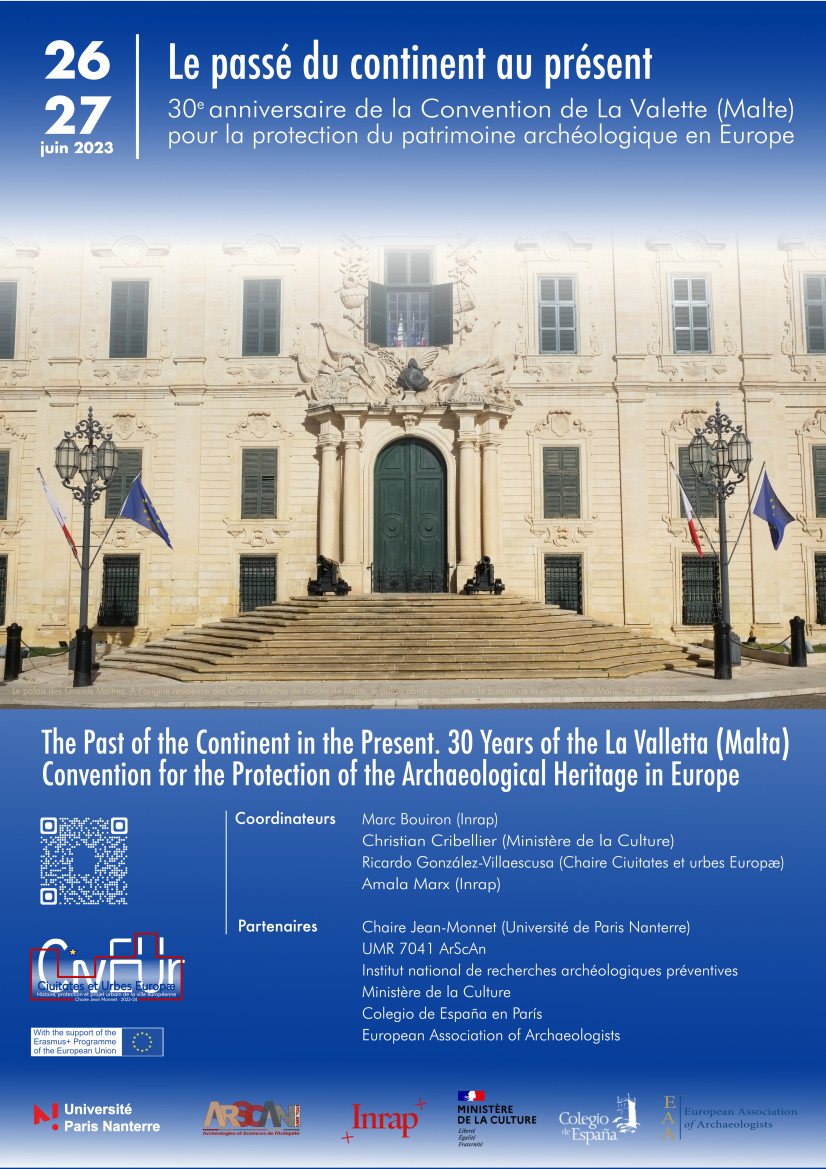
Vous pouvez utiliser ce QR code pour vous inscrire au colloque, ou alors suivre le lien ci-dessous :
You can use this QR code to register for the conference, or follow the link below:
Puede usar este código QR para registrarse en la conferencia, o seguir el siguiente enlace:
